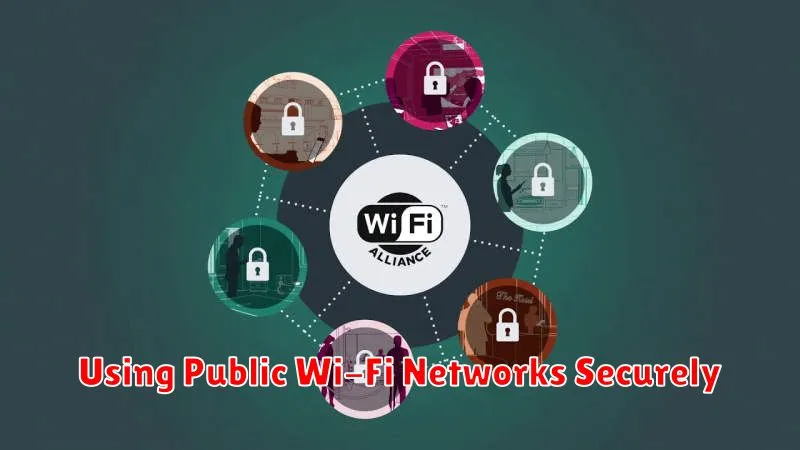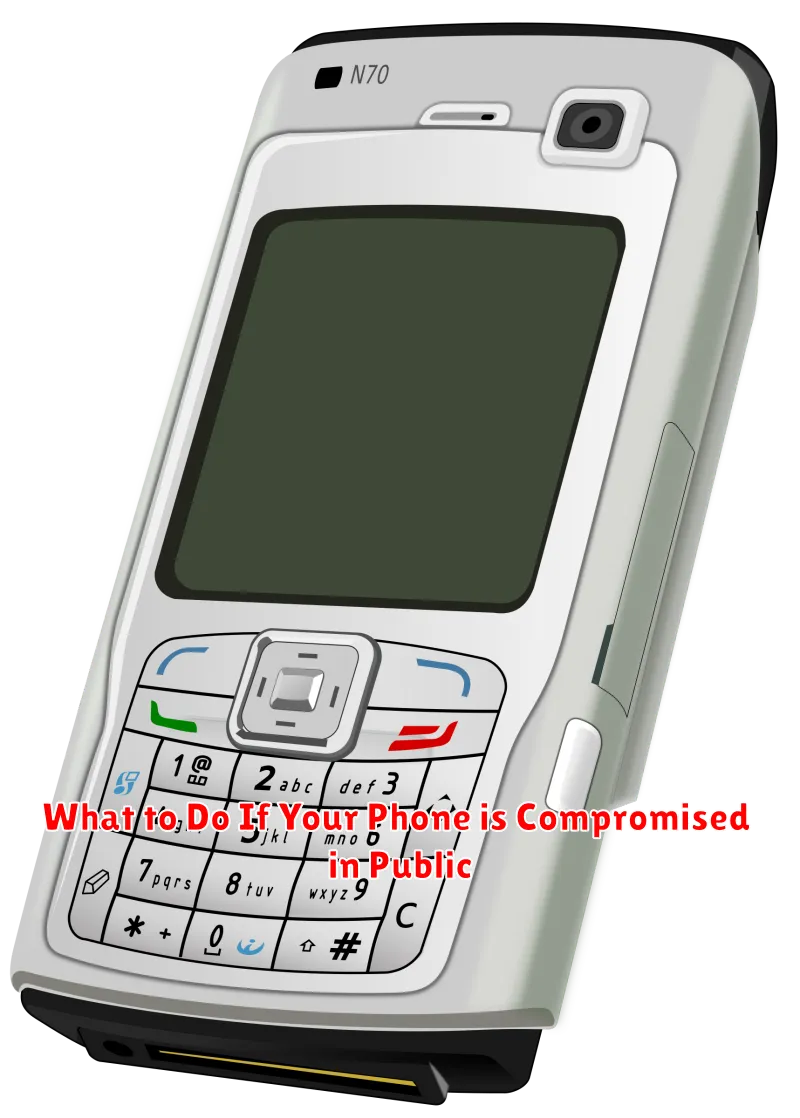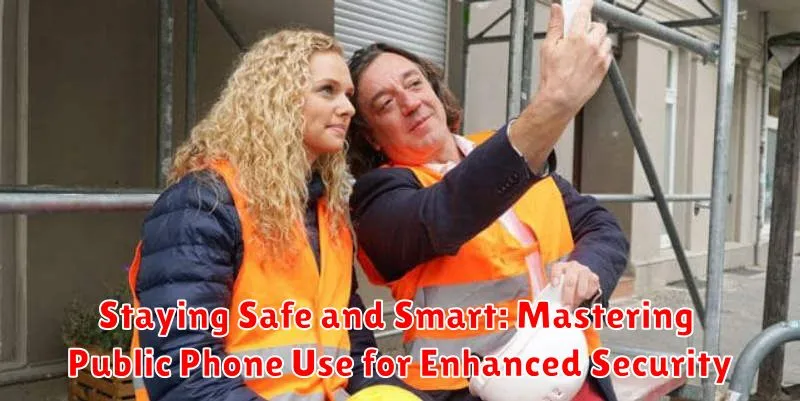In today’s increasingly connected world, maintaining personal security and practicing smart communication are paramount, even when utilizing seemingly outdated technologies. While smartphones have become ubiquitous, public phones remain a vital resource in emergency situations, areas with limited cell service, or for individuals who prefer not to carry a personal device. Understanding how to use these phones safely and effectively is crucial for everyone. This article will delve into the best practices for mastering public phone use, ensuring you can navigate public communication while minimizing risks and maximizing benefits. We will explore practical tips and strategies to enhance your security and make informed decisions when relying on these readily available resources.
From identifying potentially compromised phones to employing privacy-enhancing techniques during calls, this comprehensive guide equips you with the knowledge to make smart choices. Learn how to protect your personal information, prevent eavesdropping, and utilize public phones discreetly. Whether you’re a seasoned traveler, a student navigating a new city, or simply someone who wants to be prepared for any situation, the principles outlined here will empower you to use public phones with confidence and prioritize your safety in any environment. Let’s unlock the secrets to secure and smart public phone usage, ensuring your communication remains private and protected.
Why Public Phone Use Requires Extra Caution
Using your phone in public presents unique security risks compared to using it in a private setting. The open nature of public spaces increases the opportunity for eavesdropping, visual surveillance, and unauthorized access to your device and data.
Data interception is a significant concern. Public Wi-Fi networks, often unsecured, can allow malicious actors to intercept data transmitted between your phone and the internet. This includes sensitive information like login credentials, personal details, and financial data.
Moreover, the risk of physical theft is heightened in public. Opportunistic thieves can quickly snatch a phone, leaving the owner vulnerable to identity theft and financial loss. Even simple observation by onlookers can compromise your privacy if you are entering sensitive information.
Therefore, understanding these risks is the first step toward adopting safe practices when using your phone in public environments.
Being Aware of Your Surroundings: A Crucial First Step
Before initiating any activity on your phone in a public setting, it is imperative to assess your immediate environment. This proactive measure is crucial for mitigating potential security risks.
Begin by observing individuals in close proximity. Note their behavior and any indications of suspicious activity. Consider factors such as:
- Proximity: How close are people to you?
- Behavior: Are they paying undue attention to you or your device?
- Environment: Are you in a well-lit, populated area or a secluded location?
Furthermore, be mindful of potential physical threats, such as pickpockets or individuals attempting to snatch your phone. Avoid using your device in crowded or poorly lit areas where such activities are more prevalent. Maintaining situational awareness is your first line of defense against both digital and physical threats.
Securing Your Device: Passwords, Biometrics, and Encryption
Ensuring the security of your device is paramount, particularly when utilizing it in public spaces. This involves implementing robust measures to protect your data and prevent unauthorized access.
Strong Passwords and PINs
Employ strong, unique passwords or PINs. Avoid easily guessable information like birthdays or common words. Regularly update your passwords to maintain optimal security.
Leveraging Biometrics
Utilize biometric authentication methods such as fingerprint scanning or facial recognition. These provide an additional layer of security, making it more difficult for unauthorized individuals to access your device.
Encryption for Data Protection
Enable device encryption. Encryption transforms your data into an unreadable format, ensuring that even if your device is compromised, your information remains protected. Check your device’s settings to verify that encryption is enabled.
Safe Practices for Making Calls in Public
When making calls in public, it is imperative to maintain discretion and avoid revealing sensitive information. Consider the potential for eavesdropping, both physical and electronic.
Lowering your voice can prevent those nearby from overhearing your conversation. If discussing confidential matters, attempt to move to a more secluded area. Be mindful of the volume of your voice, especially in crowded places.
Before answering a call from an unknown number, verify the caller’s identity. Be wary of requests for personal information. Legitimate organizations will typically not ask for sensitive data over the phone.
Avoid discussing financial information, passwords, or other personal details in public. These details should be reserved for secure, private environments.
Terminate the call if you feel uncomfortable or suspect that you are being overheard. It is always better to be safe than sorry.
Protecting Your Data: Avoiding Risky Apps and Downloads
When using your phone in public, the apps you install and the files you download can significantly impact your data security. It is paramount to exercise caution to mitigate potential risks.
Assessing App Security
Before installing any application, carefully review its permissions. Be wary of apps that request excessive access to your personal data, contacts, or location. Only download apps from trusted sources like the official Apple App Store or Google Play Store. Third-party app stores often harbor malicious software.
Risks of Downloading Unverified Files
Avoid downloading files from untrusted sources, especially when using public Wi-Fi. These files can contain malware, viruses, or other harmful software that could compromise your phone’s security and expose your personal information. Always scan downloaded files with a reputable anti-virus app before opening them.
Regularly Review Installed Applications
Periodically review the applications installed on your phone and uninstall any that you no longer use or that seem suspicious. Keep your operating system and apps updated to patch any security vulnerabilities.
Using Public Wi-Fi Networks Securely

Public Wi-Fi networks, while convenient, present significant security risks. These networks are often unsecured, making your data vulnerable to interception.
Here are key steps to ensure secure usage:
- Avoid Sensitive Activities: Refrain from online banking, shopping, or entering passwords on public Wi-Fi.
- Use a Virtual Private Network (VPN): A VPN encrypts your internet traffic, providing a secure tunnel for your data.
- Ensure HTTPS: Look for “HTTPS” in the URL. This indicates a secure connection.
- Disable Automatic Wi-Fi Connection: Prevent your device from automatically connecting to unknown networks.
- Firewall Activation: Enable your device’s firewall for an extra layer of protection.
By adhering to these precautions, you can significantly reduce the risks associated with using public Wi-Fi.
Avoiding Shoulder Surfing: Keeping Your Screen Private
Shoulder surfing, where someone peers over your shoulder to view your screen, is a significant security risk in public settings. It allows onlookers to potentially steal your passwords, PINs, personal messages, and other sensitive information simply by watching what you type or view.
Strategies to Combat Shoulder Surfing
To mitigate this risk, consider the following:
- Be Aware of Your Surroundings: Scan your environment before entering sensitive information. If someone is standing too close, reposition yourself or wait until you’re in a more private location.
- Adjust Screen Brightness: Lowering your screen brightness can make it more difficult for others to see your screen clearly.
- Use a Privacy Screen: A privacy screen filter limits the viewing angle, making it nearly impossible for anyone beside you to see what’s on your screen.
- Be Mindful of Your Typing: Use different fingers or type slowly when entering pin codes
By implementing these preventative measures, you can significantly reduce the risk of falling victim to shoulder surfing and protect your private data in public.
Managing Bluetooth and NFC Connections in Public Spaces
Bluetooth and NFC (Near Field Communication) are convenient technologies, but they can pose security risks in public spaces if not managed carefully. Leaving these connections active when not needed increases your device’s vulnerability to unauthorized access and potential data breaches.
Best Practices:
- Disable Bluetooth and NFC when not in use: Turn off these features in your device settings when you’re not actively using them. This reduces the attack surface available to malicious actors.
- Be cautious when pairing with unknown devices: Avoid pairing with unfamiliar or untrusted devices in public areas. Malicious devices can be disguised to appear legitimate.
- Regularly review paired devices: Periodically check your device’s list of paired Bluetooth devices and remove any that you don’t recognize or no longer use.
- Use strong pairing passcodes: If pairing is necessary, ensure you use a strong and unique passcode.
- Keep your device software updated: Software updates often include security patches that address vulnerabilities related to Bluetooth and NFC.
By taking these precautions, you can significantly reduce the risk of unauthorized access and protect your personal information when using Bluetooth and NFC in public environments.
Utilizing Privacy Screens and Anti-Spyware Apps
In crowded public spaces, visual and digital privacy are paramount. Consider utilizing a privacy screen protector, a thin film applied to your device’s screen that narrows the viewing angle, making it difficult for onlookers to see your screen’s content.
Furthermore, deploy anti-spyware applications. These apps scan your device for malicious software that might be recording your activities, stealing data, or tracking your location. Regularly update your anti-spyware app to ensure it can detect the latest threats.
Here’s a simple breakdown:
- Privacy Screens: Reduce viewing angle, protecting visual data.
- Anti-Spyware Apps: Detect and remove malicious software.
By implementing these tools, you significantly enhance your security posture when using your phone in public.
What to Do If Your Phone is Compromised in Public

If you suspect your phone has been compromised while using it in public, immediate action is crucial to minimize potential damage. Your first step should be to change all critical passwords, including those for your email, banking, and social media accounts. Do this from a secure device, not the compromised phone.
Next, contact your bank and credit card companies to alert them to the potential breach. They can monitor your accounts for suspicious activity and issue new cards if necessary.
Consider reporting the incident to the authorities, especially if you believe your personal information has been stolen. Finally, perform a factory reset on your phone to erase all data. Remember to back up your essential data regularly so you can restore it to a new or secure device.

